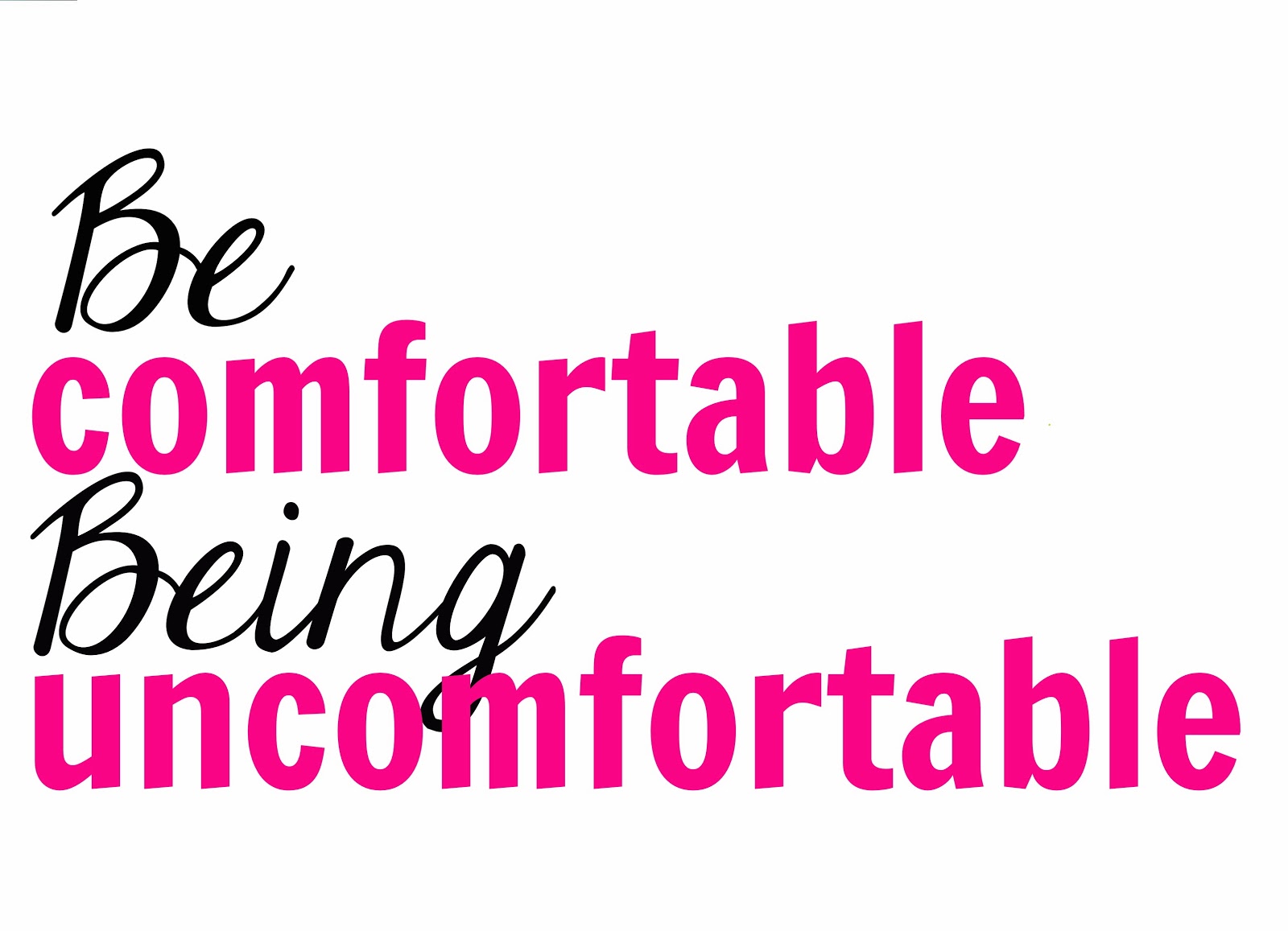It’s been said that change is difficult. It’s not because it’s going to take a long time to change; it’s not because we’re going to be doing something different; and it’s not because the situation has changed, and therefore, we must adapt.
It’s because there’s already been a change even before we either realize we need to change, or someone tells us we need to change. And that means we need to leave our comfort zone.
Unfortunately, we don’t like feeling uncomfortable. For many of us, we’ll only change when we realize we must change. A speaker at a recent presentation I attended about wisdom had this to say: “What we can tolerate, we cannot change.” What a powerful statement!
However, even if we’re told that unless we change (stop smoking, lose weight, exercise more, etc.) we will face dire if not catastrophic consequences, there is only a 1 in 9 chance that we’ll actually change. Why? Because we are creatures of habit, and are comfortable with habits that are, well, comfortable.
We get into the groove, so to speak, and, if you’re in the groove, eventually the groove will become deeper. Then, it’s no longer a groove. A deep groove is called a rut. And it’s difficult to get out of a rut.
If you’re in a rut, you need to take corrective action to get out of the rut. That means change what you’re doing.
If you don’t the rut will become deeper…and deeper…until it might be a deep rut. And if it six feet deep, that rut turns into a grave.
Feeling uncomfortable is why people don’t take action to change or even advocate for change until they are personally affected by whatever changes they’ve heard about in the news or through their local community grapevines.
Even then, however, most people will just complain.
When one does decide to change, change is not just a “one-time” thing. If it is, we eventually become comfortable again, and get into a different groove, and eventually into a different rut…perhaps this time, one that’s even deeper than the previous one we were in. We could also realize that the new comfort zone is different from the previous comfort zone. Even if it is, it’s still comfort. Therefore, “different” really isn’t the issue either.
The real issue is comfort.
The speed of change today is more rapid than it has ever been in the history of humanity. In the text, “Big Bang Disruption: Strategy in the Age of Devastating Innovation,” authors Larry Downes and Paul Nunes share how innovation used to come about, how that changed with the introduction of the Internet about 20 or so years ago, and how that has now changed again in the past few years with the introduction of a small mobile device and the applications (what we call “apps”) which have been and are constantly being created for it. Industries that have had long histories of success have suddenly changed, and sometimes, disappeared, seemingly instantly. Transportation, retail, and the recording industry are just a few that are undergoing huge transformations today.
Video was one of those things. Remember video cameras? How big they used to be, how expensive they were, and how editing video was something best left to professionals or to enthusiasts who owned some pretty nice equipment? Then, a company came out with the Flip video camera. It had a “flip” USB connector so it became very easy to transfer video files to a computer. With the iPhone, however, the need for an inexpensive video camera disappeared. Flip still lives, but as an HD recording device which costs over $300. Once again, if you’re an enthusiast, this is a great piece of equipment. But if you just want to record the moments of your life, chances are your mobile device already has that functionality built-in, and, since it’s connected to a data plan, they can be shared with friends or stored in the cloud immediately.
And now, we have AI – Artificial Intelligence. The release of ChatGPT is nothing short of amazing, and it’s continued use will continue to put other products and services out of business. While it’s not “perfected,” yet, the definition of “intelligence” requires that learning take place. As more and more people use it, and parameters are more and more defined, be prepared for some mind-blowing results in the very near future.
And before you think it’s a passing fad, that’s what was thought about 3D printers…and television…when they first appeared in the marketplace.
Since change is happening faster and faster today, it may help us to adapt by adopting a change in attitude, creating a mindset of being comfortable with being uncomfortable. Then we can be ready for and adapt to the next change that will happen even before we expect it.
